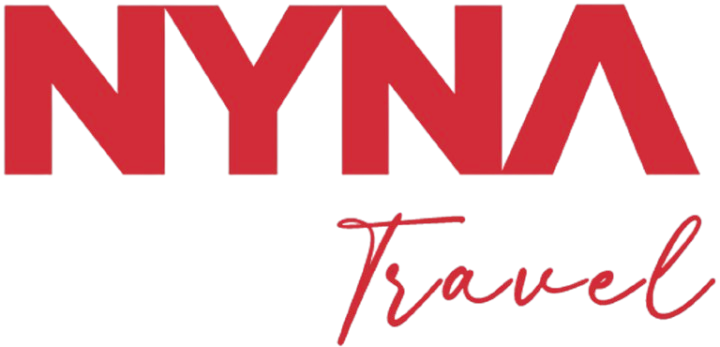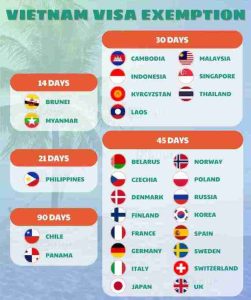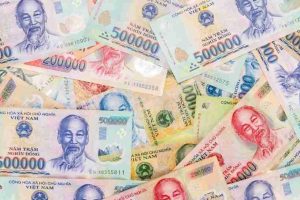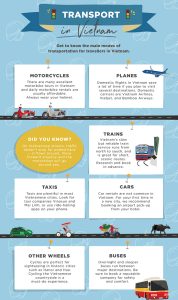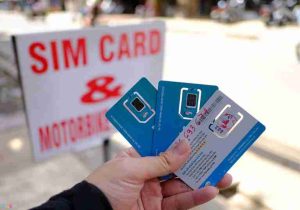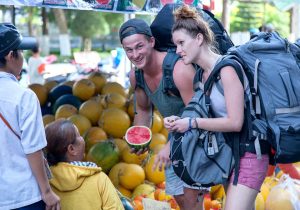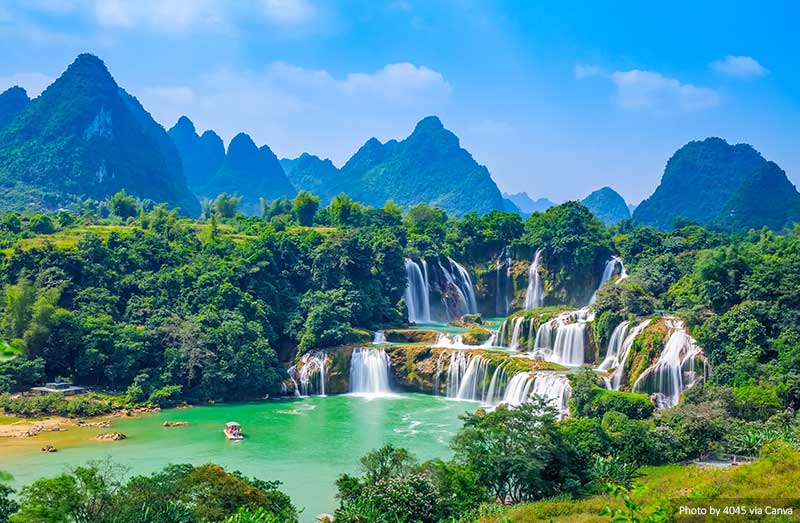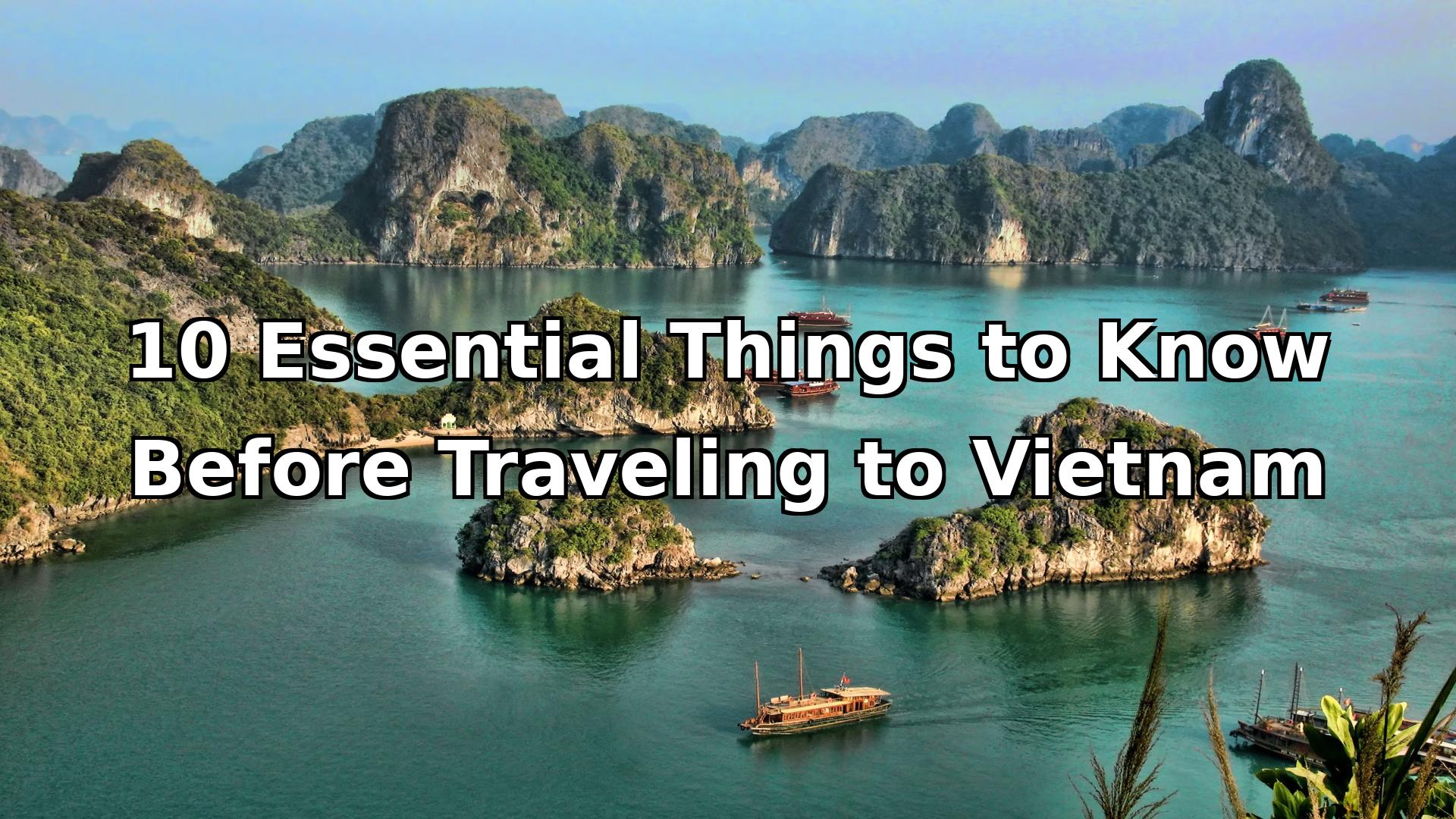Vietnam, with its rich tapestry of history, vibrant culture, and breathtaking landscapes, is an increasingly popular destination for travelers worldwide. To ensure a smooth and enriching experience, here are ten essential tips to know before embarking on your Vietnamese adventure.
1. Visa Requirements: Plan Ahead
Depending on your nationality, Vietnam offers various visa options. Many travelers can apply for an e-visa online, which is valid for up to 90 days. However, some countries are exempt from visas for short stays. It’s crucial to check the latest visa requirements and apply in advance to avoid any last-minute complications.
2. Optimal Travel Seasons Vary by Region
Vietnam’s climate differs significantly from north to south:
Northern Vietnam (Hanoi, Ha Long Bay): Best visited from September to December for cooler, drier weather.
Central Vietnam (Hue, Da Nang, Hoi An): Ideal between February and August to avoid the rainy season.
Southern Vietnam (Ho Chi Minh City, Mekong Delta): November to April offers warm and less humid conditions.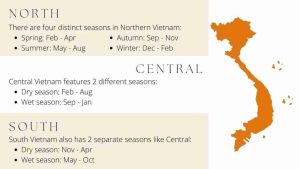
3. Currency and Payments: Cash is King
The Vietnamese Dong (VND) is the official currency. While major cities have ATMs and accept credit cards, cash is preferred, especially in rural areas and local markets. Always carry small denominations for convenience.
4. Transportation: Affordable and Diverse
Vietnam offers various transportation options:
Buses and Trains: Cost-effective for long distances.
Domestic Flights: Time-saving for covering vast distances.
Motorbike Rentals: Popular among adventurous travelers but ensure you have the appropriate license and insurance.
Ride-hailing apps: Grab is a safe and convenient option for getting around the city.
Ride-hailing apps like Grab are widely used in urban areas for convenience.
5. Language: Learn Basic Vietnamese Phrases
While English is spoken in tourist areas, learning basic Vietnamese phrases can enhance your experience and interactions with locals. Simple greetings and expressions of gratitude go a long way.
Xin chào (sin chow) – Hello
Cám ơn (kam’ on) – Thank you
Xin lỗi (sin loi) – Excuse me/I’m sorry
Tôi không hiểu (toy kong hew) – I don’t understand
Bao nhiêu tiền? (bah-oh nyew tee-un) – How much does it cost?
Tôi muốn (toy mwuhn) – I want
Có phòng trống không? (koh fohng trawng kohng) – Do you have any available rooms?
Cho tôi một bản đồ (cho toy mot ban do) – Please give me a map
Tôi cần một tài xế (toy kahn mot tai say) – I need a driver
Nơi nào là địa điểm du lịch phổ biến? (noy nao lah dee-uh dyuhm doo lich phuh-bian) – Where are the popular tourist attractions?
6. Cultural Etiquette: Respect Local Customs
Vietnamese culture emphasizes respect and modesty:
Dress Modestly: Especially when visiting temples or rural areas.
Remove Shoes: Before entering homes or certain establishments.
Avoid Public Displays of Affection: As they may be considered inappropriate.
7. Health and Safety: Stay Informed
Staying healthy while traveling in Vietnam is crucial. Here are some tips:
Mosquito protection: Mosquitoes can be a nuisance in Vietnam, especially in rural and jungle areas. Use mosquito/insect spray to protect yourself. There is no need to bring your own mosquito net, as accommodations in areas with many mosquitoes usually provide them.
Vaccinations: It is recommended to get vaccinations for Hepatitis A, Hepatitis B, Typhoid, and Japanese Encephalitis.
Extra Tip: Best to consult your own personal doctor or health professional for advice on this matter. They can provide recommendations based on your health history and travel plans.
8. Connectivity: Stay Connected with a Local SIM
Purchasing a local SIM card upon arrival ensures affordable internet access and communication. Providers like Viettel, Mobifone, and Vinaphone offer various data packages suitable for travelers.
9. Bargaining: A Common Practice
Haggling is customary in markets and with street vendors. Approach negotiations with a friendly demeanor and don’t be afraid to walk away if the price isn’t right.
Remember, negotiating in Vietnam is not about winning at the expense of the other party, but about arriving at a fair exchange that reflects the market value
10. Keep Yourself Safe
Vietnam is a very safe country for travelers, but it’s still important to take precautions:
Avoid carrying large amounts of cash or valuable jewelry.
Use anti-theft bags and always keep your belongings within sight.
Be cautious when walking at night, especially in quiet or isolated areas.
Stay updated on weather forecasts and avoid traveling in hazardous conditions.
Traveling to Vietnam offers a rich and diverse experience. By understanding these essential aspects, you can navigate the country with confidence and immerse yourself fully in its unique charm. Safe travels!
